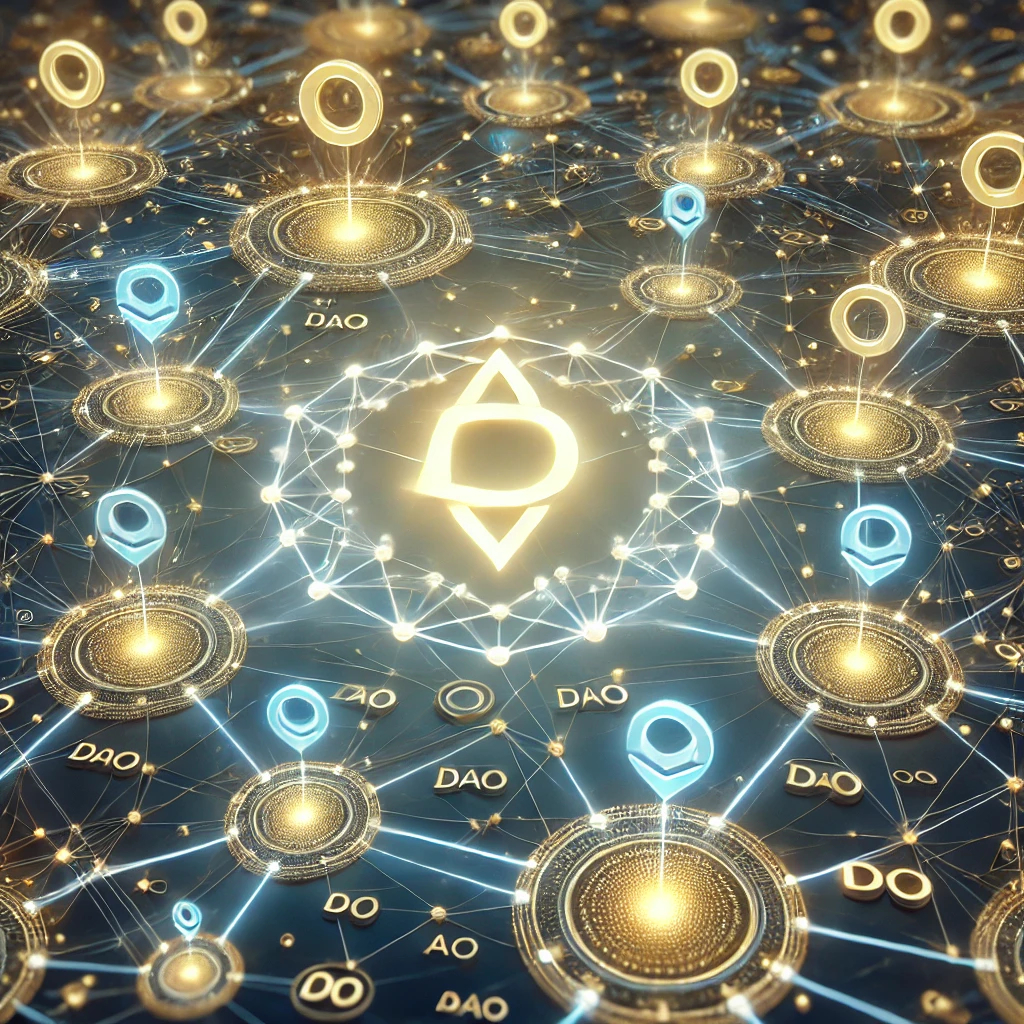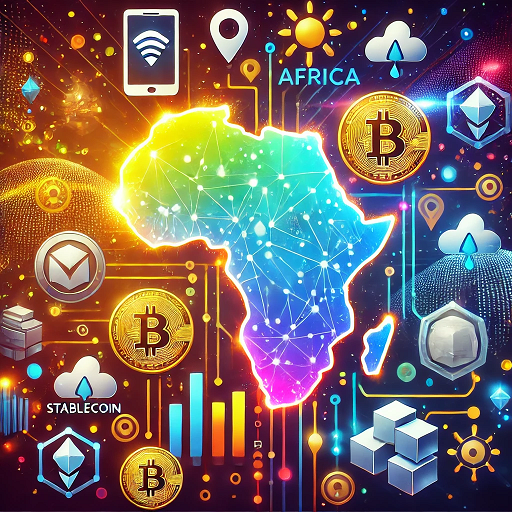Governance tokens have emerged as a cornerstone of the decentralized finance (DeFi) revolution, enabling communities to actively participate in the decision-making processes of decentralized autonomous organizations (DAOs). These tokens empower holders to propose and vote on changes, thereby influencing the development and operations of blockchain projects without relying on centralized authority. As blockchain technology continues to evolve, governance tokens are playing a pivotal role in redefining organizational governance models.
The Role of Governance Tokens in DAOs
DAOs operate without a centralized leadership structure, relying instead on smart contracts to enforce rules and decisions. Governance tokens serve as the primary mechanism for distributing decision-making power among participants. Token holders can vote on proposals that affect protocol upgrades, fund allocations, and project direction. This system fosters a democratic approach where each stakeholder has a say proportional to their holdings, ensuring that the organization evolves in alignment with the community’s collective vision.
How Governance Tokens Function
Governance tokens typically function through a well-defined process that involves proposal submission, community discussion, and voting. Token holders can submit proposals addressing various aspects of a project, from technical upgrades to treasury management. Once a proposal is submitted, the community engages in discussions, evaluating the potential impact and feasibility. Voting mechanisms can vary, but most systems allow token holders to cast votes proportional to their holdings, ensuring that decisions reflect the community’s collective interest.
Benefits of Governance Tokens in Decentralized Systems
- Decentralization of Power: Governance tokens distribute decision-making authority across a broad user base, reducing the risk of centralization.
- Increased Transparency: Every decision made through governance tokens is recorded on the blockchain, ensuring transparency and accountability.
- Community Engagement: By granting voting rights, governance tokens incentivize active participation from community members, fostering a sense of ownership.
- Efficient Resource Allocation: Token holders can influence how project funds are allocated, ensuring that resources are used effectively to achieve project goals.
Challenges and Risks of Governance Tokens
While governance tokens offer numerous advantages, they also present challenges that need careful consideration:
- Whale Dominance: Large holders of governance tokens (whales) can disproportionately influence decisions, potentially undermining decentralization.
- Low Voter Participation: Encouraging active participation in governance processes can be difficult, leading to decisions made by a small, active minority.
- Complexity of Proposals: Technical proposals may be too complex for average token holders to understand, resulting in uninformed voting.
- Security Risks: Poorly designed governance mechanisms can be exploited by malicious actors, jeopardizing the integrity of the organization.
Examples of Successful Governance Token Models
Several blockchain projects have successfully implemented governance tokens to empower their communities:
- MakerDAO (MKR): MakerDAO uses the MKR token to govern the DAI stablecoin system. MKR holders vote on risk parameters and system upgrades, ensuring the platform’s stability and growth.
- Compound (COMP): The COMP token allows holders to propose and vote on protocol changes, influencing how the decentralized lending platform evolves.
- Uniswap (UNI): Uniswap’s governance model uses the UNI token to give the community control over protocol upgrades and treasury management.
- Aave (AAVE): Aave employs the AAVE token to enable community-driven decisions on new features and risk management strategies.
The Future of Governance Tokens in DAOs
As blockchain ecosystems mature, governance tokens will likely evolve to address current challenges and unlock new possibilities. Innovations such as quadratic voting, delegated voting, and reputation-based systems are being explored to create more inclusive and effective governance models. These advancements aim to balance power dynamics, increase participation, and enhance decision-making quality.
Moreover, cross-chain governance could become a reality, allowing governance tokens to influence decisions across multiple blockchain networks. This interoperability would significantly expand the scope and impact of governance tokens, fostering collaboration between diverse decentralized communities.
Best Practices for Designing Effective Governance Tokens
To ensure that governance tokens effectively empower DAOs, several best practices should be considered:
- Balanced Token Distribution: Fair and transparent distribution of tokens can prevent excessive concentration of power.
- Inclusive Voting Mechanisms: Implementing voting models that encourage participation from all community members, such as quadratic voting.
- Educational Resources: Providing clear, accessible information about proposals to ensure informed voting decisions.
- Security Measures: Implementing robust security protocols to protect against governance attacks.
- Incentivizing Participation: Rewarding active voters and proposal creators can increase engagement and improve governance outcomes.
Conclusion of Governance tokens
Governance tokens are reshaping how organizations operate by decentralizing decision-making and fostering community-driven growth. They empower individuals to actively participate in shaping the future of blockchain projects, making DAOs more resilient and adaptive. As the technology and governance models continue to evolve, governance tokens will remain at the forefront of the decentralized revolution, driving innovation and collaboration across the global blockchain ecosystem.
By addressing current challenges and embracing innovative governance models, DAOs can fully harness the potential of governance tokens to create more transparent, inclusive, and effective decentralized systems. The continued evolution of these tokens promises to redefine organizational governance and pave the way for a more democratic and decentralized digital future.




















